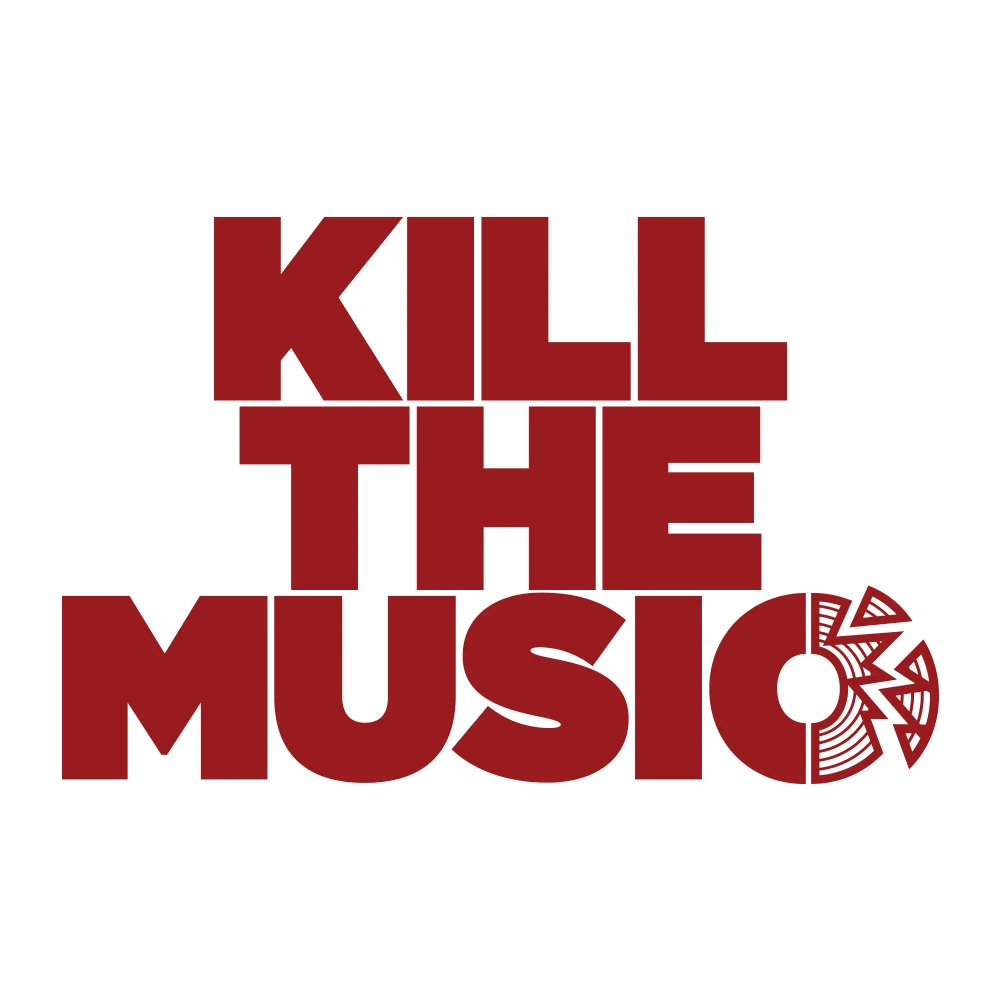Jamie King has been responsible for quite a few albums most notably, a majority of Between the Buried and Me’s records. He recently recorded Wretched’s third full-length album, Son of Perdition and took some time answer questions over email.
State your name and profession please.
Jamie King - Audio Engineer/Producer
Most people don’t know what the main job of a producer is. Can you briefly explain what you do?
To me, producer refers to the person that produces the desired product by the client. Most often in my case, it’s just about making the recorded material sound the way the client wants. With “producers” that work with major labels, the job is often to actually help the artist write, rewrite and/or orchestrate the material to make it as marketable as possible as well as making it sound as marketable as possible. What is marketable is usually dictated by current trends.
Are there any common myths about producing that just aren’t true?
One common myth is that a producer always get into the creative aspect of the artists material. In metal and other non-commercial style, this is rarely the case. Most “producers” just make the record sound the way the client wants sonically.
Can you describe how it feels to be associated with the number of hits that you’ve worked on?
I feel lucky to have worked with some bands that have gone on to be successful. I don’t think any of the bands have any hits. It’s really just a luck thing with me. I record anyone and you never know who will become successful and not. There have been a lot of bands that I’ve worked with that I thought would be successful that weren’t and there are bands that have become successful that I would have never thought.
Does the way you work on production vary on genre? I know you’ve done BTBAM, Close Your Eyes, and Motionless in White, which all have a very distinct sound from each other. How does the band’s sound change your process?
Yeah, each project is different for me. I’m not known for a specific sound as many producers. I just do what the client wants which often require a different approach with production. A band like BTBAM wants all natural real performance recordings. This require more time and effort tracking as were a lot of clients want the more processed sound that is popular these days which is less tracking and more production editing. You have to actually engineer tones with real recordings as were the more processed stuff is easier as you can use pre-processed drum samples and guitar amp emulators.
Have there ever been any incidents in the studio where you felt you couldn’t work with the band? Such as bands just fighting over every little detail? No need to name names, but do you have any stories?
I’m pretty good and working with any client. They’re definitely clients that are more pleasant to work with than others. Some don’t take stuff serious enough and some over analyze everything. Either can make for an unpleasant time. It’s all about balance as far as I’m concerned. There’s a certain quality that needs to be achieved for a record to sound “real”. Beyond that, it’s all about whether the budget allows more and/or there’s a demand for better. There has been a few instances where I’ve sent people home relative to not being prepared and/or just being belligerently drunk, haha.
What are your thoughts on the continual volume increases in the industry, where music has just gotten louder, or more crushed, at the expense of dynamic range?
I think levels should just be set as a standard and left along. Something that allows for some dynamics. There’s not a lot of dynamics in heavy music so it’s not terrible with heavy music for it to be loud. I just know that it’s irritating to be listening to iTunes and have to turn tracks up and down. I know most consumers would prefer matched levels even if they do tend to pick louder by comparison. They just don’t realize that it’s the same if they turn it up or if the mastering engineer turns it up. Just less dynamics and more fatiguing to listen with everything crushed. Some heavy styles does sound more punch and brutal if crushed so the dynamics aren’t always the issue. They should still be set to the same perceived volume for the new standard of iTunes listening.
What’s your favorite and least favorite part about producing?
My least favorite part of producing a record just depends on the record. If they players aren’t good, then it’s tracking. If the orchestration isn’t good then it’s mixing. If there’s a crap load of bad melodic vocals, then it’s tuning. If there’s a lot of bad dynamic prog drumming, then it’s drum editing. If there’s super sloppy guitar tracking, then it’s guitar editing. Just depends on the performances really. If there’s good performances across the board, I don’t mind any of it.
What kind of artists do you prefer to work with?
I like to work with any clients that are cool and good performers. I’d rather work with cool and reasonable clients that aren’t good performers over good performers that aren’t cool and/or reasonable although.
Is it true you’re working with BTBAM on their upcoming album? How is it working with Tommy and the rest of the guys?
Yeah, BTBAM are schedule to come in in May. We’ve been working together so long that it’s like family getting together for a project. Just like hangin out with friends and making music as it should be. It’s always enjoyable with then as they are great people and great players. Just a little stressful for me as I don’t want to let them down and the stakes are getting higher and higher with those guys. Stuff needs to get better and better so it pushes me to keep improving my skills and gear.
Last question: what’s one book and one band you’d recommend to anyone that listens to the music you’ve produced?
I hate books; they are often off base for a lot of styles and just can’t teach you some stuff that you just need to see and hear being done to understand fully. There’s a band called Tetrafusion that I recorded recently. Def. check those guys out. Great player and music and great people!












